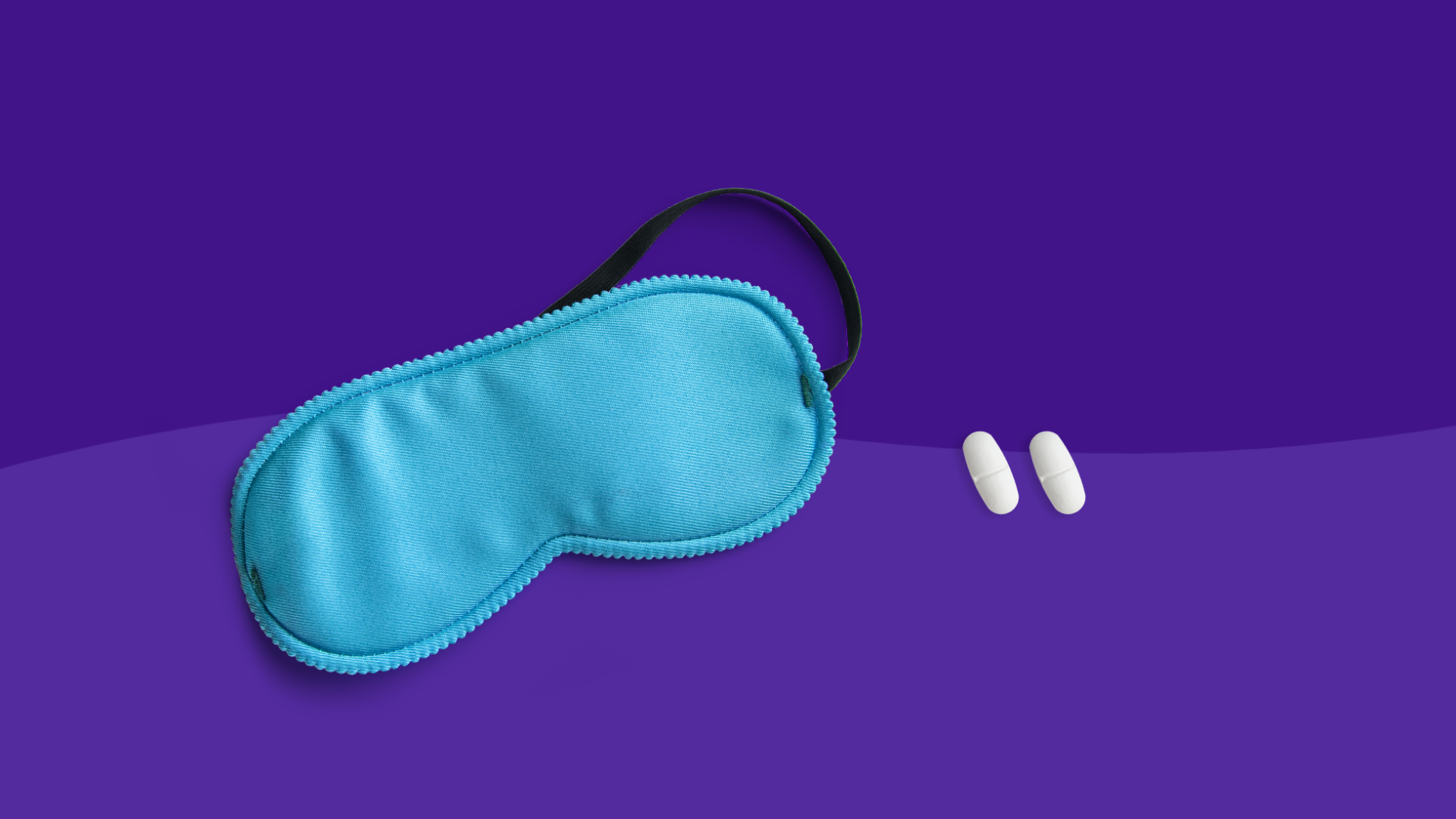The word morphine is derived from Morpheus, the Greek god of dreams. If you’ve ever been on a painkiller like morphine, you know that a side effect is drowsiness. However, using morphine—or any opioid—to help you sleep is extremely dangerous. And yet many people are doing just that. In fact, a recent study revealed that doctors have noticed patients are using opioids to help them fall asleep when acute pain is keeping them up, or because of simple insomnia. And many patients don’t realize the harm in that habit.
Opioids and sleep aids are two entirely different types of drugs: Opioids are powerful narcotics whereas sleep aids are soporific and hypnotic, aka sleep-inducing. These two kinds of medication are intended for two very different purposes—and you shouldn’t use one in place of the other.
What counts as opioid or sleep aids?
The class of drugs called “opioids” include prescription painkillers such as oxycodone (OxyContin), hydrocodone (Vicodin and Percocet), and codeine, as well as synthetic opioids such as fentanyl and the illegal drug heroin.
Commonly prescribed sleep aids include zolpidem tartrate (Ambien, Ambien CR), flurazepam hydrochloride (Dalmane), triazolam (Halcion), eszopiclone (Lunesta), and estazolam (Prosom).
Why shouldn’t you use opioids as sleep aids?
“Certainly opioids can make you drowsy, but they should never be used as a sleep aid,” says Wilson Compton, MD, deputy director of the National Institute on Drug Abuse in Rockville, Maryland. “They’re not safe, with their potential for addiction and other complications. They’re only for acute pain, and in some cases, chronic pain.”
While opioids may help you fall asleep, they do not help you get better sleep. “Opioids lower the rate of REM and slow-wave sleep necessary for restful, recharging sleep,” explains Yili Huang, DO, director of the Pain Management Center at Northwell Phelps Hospital in Sleepy Hollow, New York.
Opioids and sleep apnea
Additionally, between 7% to 20% of Americans have undiagnosed sleep apnea, Dr. Huang says, and for those people, opioids could interfere with their ability to breathe while asleep, potentially endangering their lives. A small study found that the higher the opioid dose, the higher the number of sleep apnea episodes. Other research showed that oxygen saturation dipped sharply just 15 minutes after taking an opioid in the middle of the night. Meaning, opioids may depress respiration for people with sleep apnea, increasing risk of death.
Dr. Compton adds that if you’re already taking opioids for pain management and increase your dosage at night to help you sleep, you’re risking a serious chance of an overdose.
What if I’m in pain and I can’t sleep?
Acute pain can have many sources, whether it’s from a surgical operation, cancer treatment, a chronic pain-inducing medical condition, or a physical accident. But what should you do if you’re in terrible pain and can’t sleep because of it?
“Talk to your doctor about safe alternatives,” Dr. Huang recommends firstly. “Treat what’s causing the pain with more directed treatment at its source. If it’s temporary insomnia along with nerve pain, certain nerve pain medications can treat the pain and also induce sleep, and they can be helpful. Gabapentin [a prescription drug often used relieve nerve pain as a result of shingles in adults] is one such medication. But there’s no magic bullet—all medications have side effects.”
And what you don’t want to do, Dr. Huang says, is to continue taking your opioids while taking sleep aids or sedatives such as Ambien, Xanax, or Valium. This combo increases the chance of respiratory depression (hypoventilation). Combining opioids with any other sedative—including alcohol—creates serious risk for overdose, and even death, Dr. Compton remarked.
If you’re having trouble sleeping, you can also turn to solutions that don’t involve prescription medication, says Dr. Laura Fanucchi, associate professor of medicine at the University of Kentucky and an opioid addiction specialist. These alternatives include behavior changes like:
- Getting regular exercise
- Optimizing sleep hygiene by not eating late
- Avoiding stimulants like caffeine and nicotine
- Restricting electronic screens (such as cell phones, tablets, TVs, and PC monitors) before bedtime
Why if I’m already dependent on opioids to sleep?
If you’ve already developed a habit of taking opioids for reasons other than prescribed, you should see your doctor right away, Dr. Fanucchi recommends, rather than attempting to go cold turkey. “Daily use of opioids can cause physical dependence and then withdrawal if opioids are stopped suddenly,” she says.
Dr. Huang agrees, “Work with your doctor and come up with a good regimen to strengthen your body. If you’re using these just for sleep, you may be misusing these medications and should consider seeing an addiction doctor. You should see a pain management specialist to treat the source of the pain, because these pills may just be masking the underlying problem.”











